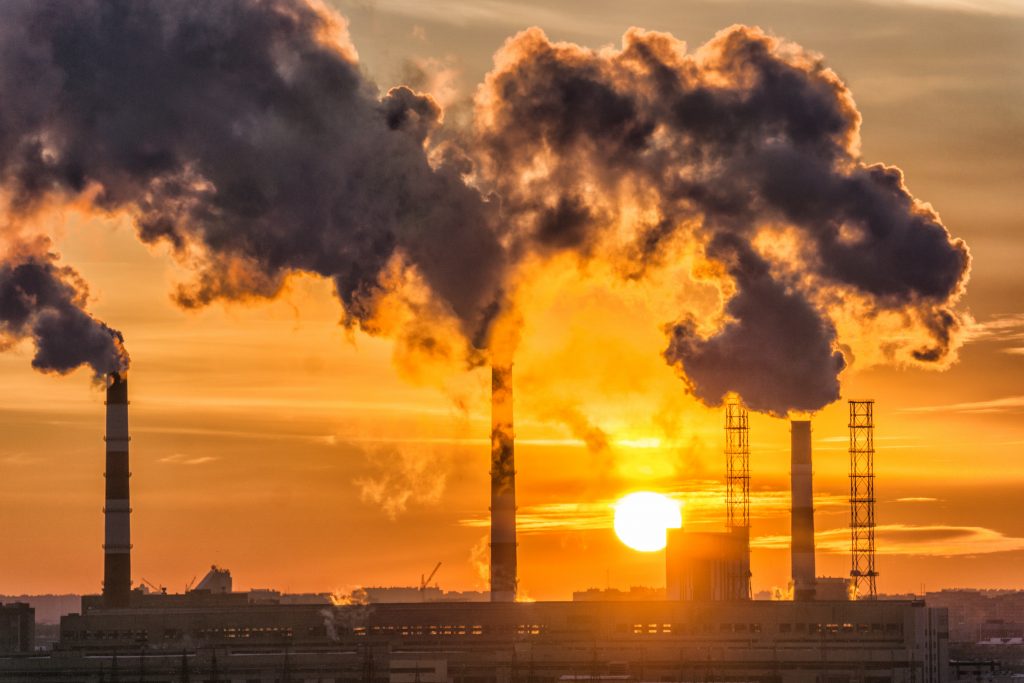New pollution standards for coal and gas-fired power plants would have an enormous impact on public health and carbon emissions in Wisconsin. According to the Biden Administration, air pollution reduction measures announced today by the Environmental Protection Agency (EPA) would deliver as much as $85 billion in climate and public health benefits over the next two decades. Here in Wisconsin, the power sector is the largest source of carbon emissions and one of the largest sources of dangerous particulate matter air pollution.
“Reducing air pollution from coal and gas-fired power plants means cleaner air and healthier communities in Wisconsin. Period. There is no question this is a huge deal for people all over our state,” says Chelsea Chandler, Clean Wisconsin Climate, Energy, and Air Program Director.
The standards will require most coal plants and large gas plants to cut nearly 90 percent of their carbon emissions within the next 15 years. For example, We Energies’ Elm Road Power Station, the largest coal power plant in Wisconsin, would have to cut 90 precent of its emissions by 2030. The Milwaukee plant was completed with a construction price tag of $2 billion in 2011 and does not have a retirement date.
Once finalized, the rules will play a key role in reducing overall carbon emissions and avoiding the worst impacts of climate change.
“Wisconsin consumes almost six times more energy than it produces. We pay $12 billion every year to import fossil fuels that are hurting our health, our climate and our communities,” says Clean Wisconsin attorney Katie Nekola. “These are strong rules from the Biden Administration and EPA, and they give us the opportunity here in Wisconsin to remake our energy system in a way that benefits everyone.”
The new rules, which are part of the Clean Air Act, set carbon pollution standards for existing power plants as well as those which have not yet been built. Nekola says that could be a game-changer for Clean Wisconsin’s fight against the proposed Nemadji Trail Energy Center, a $700 million gas-fired plant planned for Superior, Wisconsin. As designed, the plant would add 3-million tons of carbon pollution into Wisconsin’s environment each year. Clean Wisconsin and the Sierra Club are calling on the Public Service Commission to rescind its 2020 approval of the plant.

